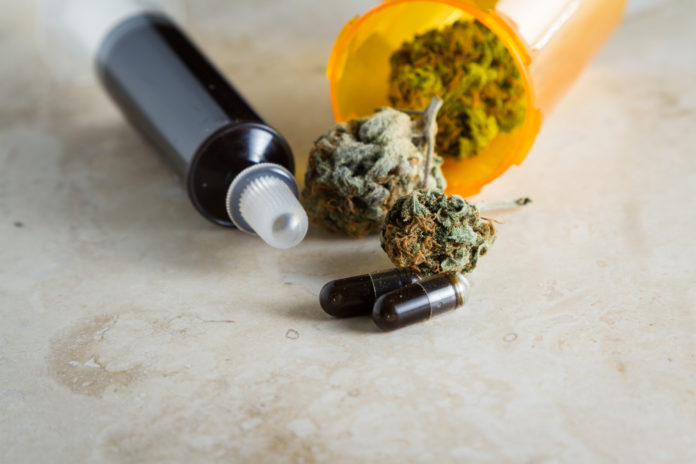A father in South Dakota is not happy with the latest failed effort to legalize medical marijuana in the state.
George Hendrickson’s son Eli has Dravet Syndrome, a rare form of epilepsy that can cause extreme seizures and impact children from a developmental standpoint. Hendrickson would like to administer CBD to Eli but is unable to do so legally in South Dakota. Hendrickson says his son is at high risk for SUDEP, Sudden Unexpected Death in Epilepsy.
“I have legislators tell me, if they were me, they would move,” Hendrickson told KDLT News.
Two years ago a doctor suggested that Hendrickson had limited choices in how to treat Eli. They could increase the amount of pharmaceuticals Eli was taking, or they could consider CBD oil.
A recent ballot initiative to legalize CBD use for epilepsy was rejected by state authorities. Officials said there were not enough valid signatures to get the measure on the ballot in November. Earlier this year, lawmakers in South Dakota lawmakers rejected a bill that would have legalized CBD use for epilepsy.
“It really makes it hard to be proud to be a South Dakotan,” Hendrickson said.
Many families have experienced relief for their children’s epileptic seizures with marijuana and CBD use. However, South Dakota is one of a handful of states that does not recognize any form of legal medical marijuana use. States such as Wyoming and Iowa do not have full-fledged medical marijuana programs but do make exceptions for CBD use. CBD is a cannabinoid that is known to help alleviate many ailments and does not produce a psychedelic effect the way THC does.
Like many advocates for medical marijuana, Hendrickson was not always supportive of the cause. “In my background, giving a cannabis product to a child would be absolutely unheard of.” Hendrickson voted against medical marijuana at one point.
“I wasn’t in the fight, but I tell you once you’re in the fight and you have to do the research, it’s amazing how stupid you feel.”
Hendrickson feels that his family may have to move to Colorado if there is no movement on the issue in South Dakota.









